The Cost of Climate Inaction in Pakistan
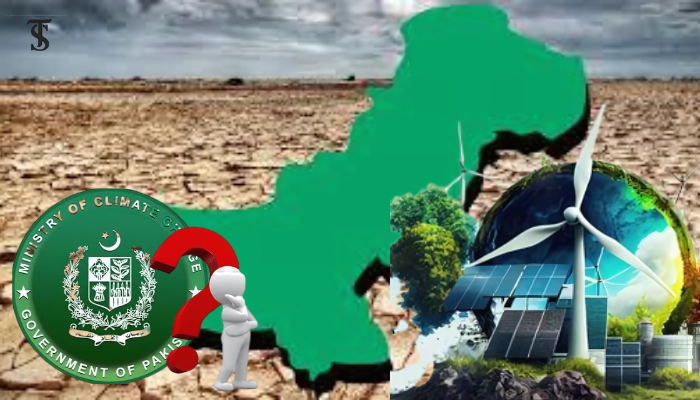
Climate change is an inevitable challenge to the whole world, a problem that has exceeded its boundaries and raised concerns for the future security of mankind, particularly in states like Pakistan. It is a threat that needs to be tackled first. According to the reports of the United Nations, Pakistan is the 5th most vulnerable […]
What is the 26th amendment of the Pakistan Constitution?
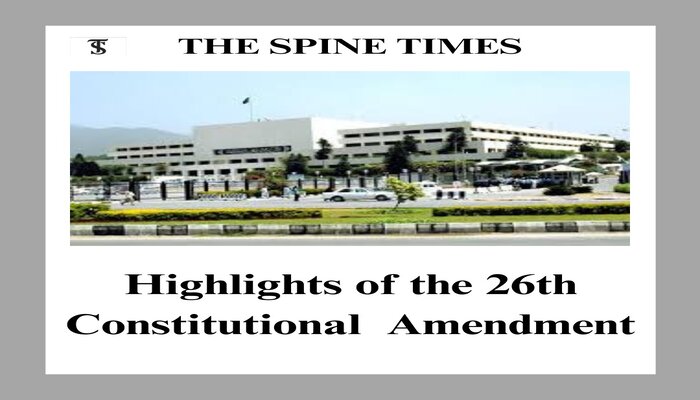
A simplified explanation of the 26th Constitutional Amendment to help everyone understand the changes it has introduced to Pakistan’s constitution.
Dynastic Politics and Democracy can’t Move Together
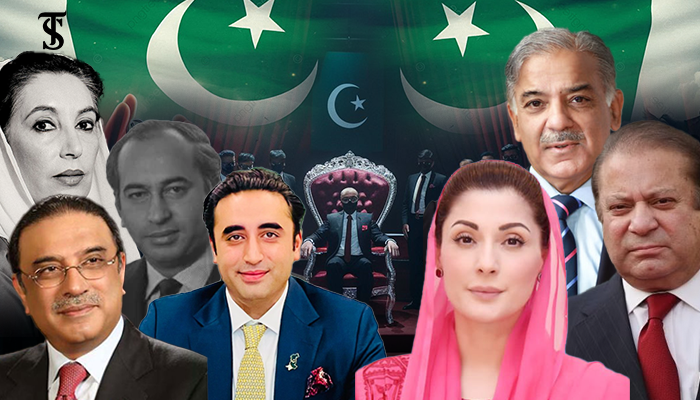
Dynastic politics clashes with democracy by concentrating power within political families, undermining meritocracy and equality. Prominent political dynasties in Pakistan, India, and the U.S. illustrate this dynamic, favoring elitism over public participation. Democracy thrives on individual liberties and fairness, but dynastic politics fosters favoritism, limiting opportunities for non-elite candidates.
Brain Drain in Pakistan: Causes, Implications, and Solutions

Political instability, unemployment, lack of respect for professionals, and poor working conditions are driving Pakistan’s skilled youth abroad. Addressing these issues with better job opportunities, increased salaries, and transparent recruitment could help alleviate this brain drain.
Human Security: The Core of National Security
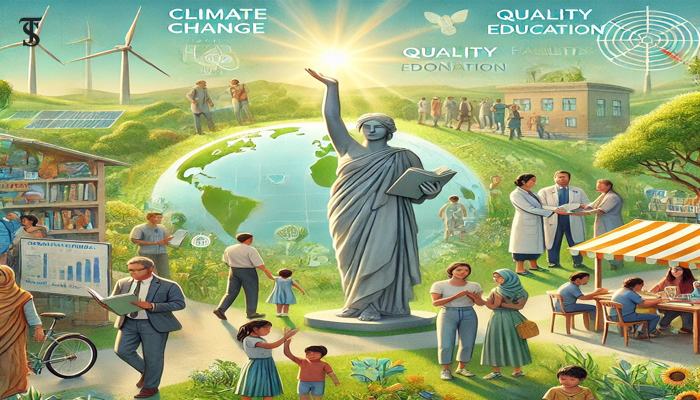
National security now extends beyond military defense to include human security, emphasizing socio-economic stability, environmental sustainability, and citizen welfare. Addressing internal threats like poverty, inequality, and social unrest is essential for maintaining national integrity. Human security ensures social cohesion, economic prosperity, and global cooperation for sustainable peace and security.
Rules Without Rights: The Paradox of Governance in Gilgit Baltistan
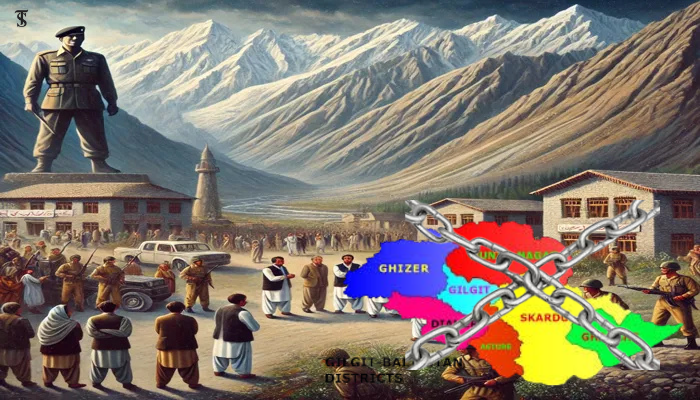
The people of Gilgit Baltistan have long faced draconian laws like the Frontier Crime Regulation (FCR) and the Anti-Terrorism Act (ATA), which suppress political rights and silence dissent. These laws, often ambiguous, foster regional opposition and mirror the state’s disregard for local autonomy and prosperity.
Soft Power in the Foreign Policy of Pakistan: Challenges and Remedies

Pakistan has historically prioritized traditional power due to regional security threats, neglecting soft power. To counter negative perceptions, it must harness its cultural heritage, promote public diplomacy, and invest in education and skilled labor. Strengthening soft power can enhance Pakistan’s international reputation and support its foreign policy objectives.
Sacrifices for Freedom: PMAP Heroes under Zia’s Oppression
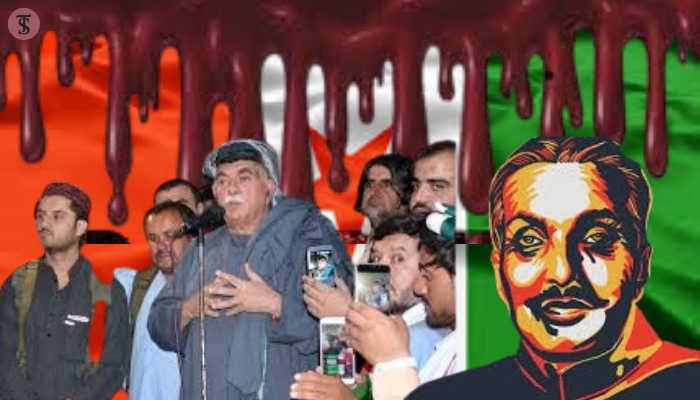
On October 7th, 1983, Mehmood Khan Achakzai led a peaceful protest in Quetta against General Zia-ul-Haq’s martial law. The demonstration turned tragic when security forces opened fire, killing four PMAP workers and injuring many others. Despite brutal repression, the fight for democracy persisted, marking a pivotal moment in Pakistan’s history.
Increasing Youth’s Frustration in Baluchistan
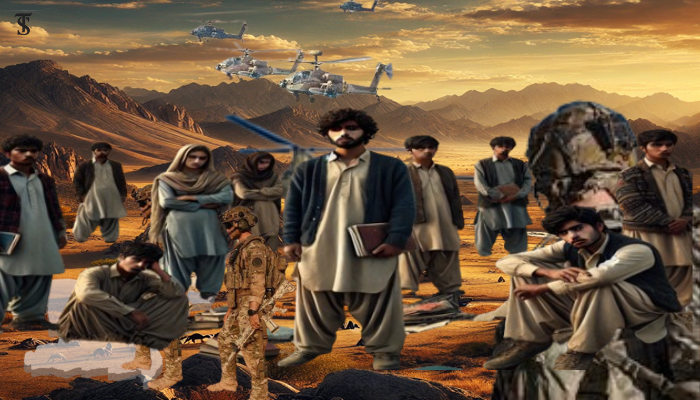
The youth of Baluchistan face immense challenges, including poor education, unemployment, sectarianism, and lack of basic facilities. Their frustration is compounded by inadequate infrastructure, outdated curricula, and insufficient opportunities. To prevent their potential from being wasted, the government must invest in education, infrastructure, mental well-being, career counseling, and cultural engagement to ensure a more hopeful future for the province.
The Renaissance of PTI!
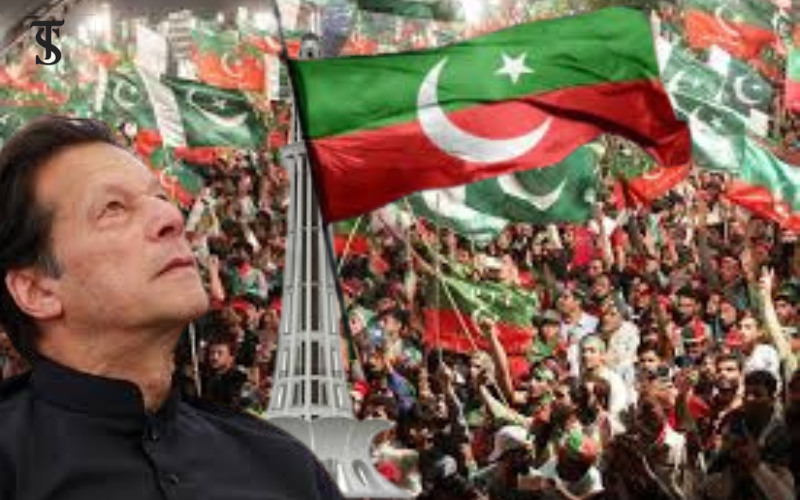
After extended legal battles, PTI has been granted permission for public meetings in Lahore and Islamabad, despite state restrictions following the May 9, 2023, vandalism allegations. Tensions persist between PTI and state institutions, with critics highlighting the state’s heavy-handed responses and the need for political stability through negotiations.